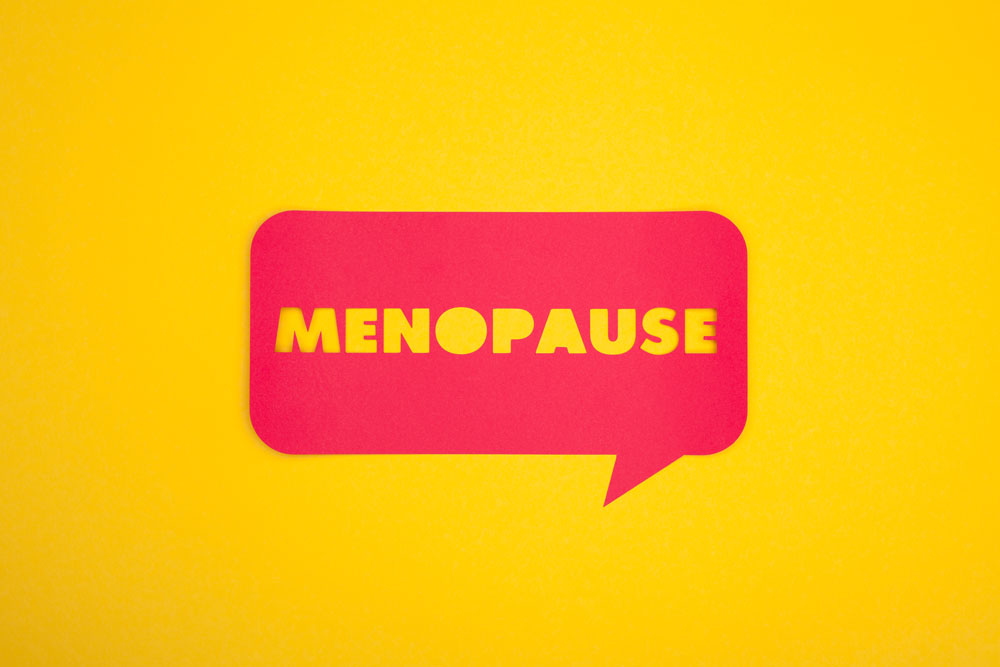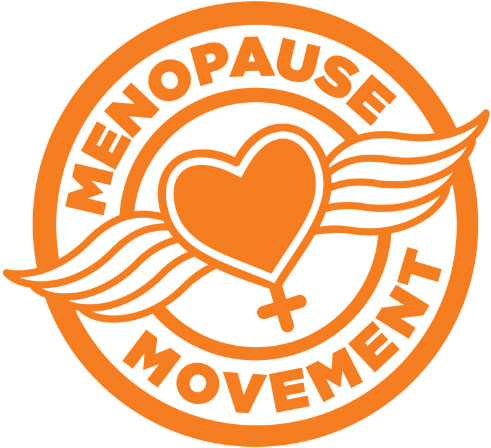How does the menopause affect bowels?
The onset of menopause can bring about a number of physical and hormonal changes that can affect a woman’s bowel habits. During menopause, oestrogen levels decline, and this reduction in oestrogen can cause changes in the digestive tract. Some of the ways in which the menopause can affect the bowels include:
Constipation: A reduction in oestrogen levels can slow down the muscles in the gut, leading to constipation. A decrease in physical activity and an increase in stress levels, which are common during menopause, can also contribute towards constipation.
Irritable bowel syndrome (IBS) Menopause is a risk factor for developing IBS, a condition characterised by constipation and /or diarrhoea, abdominal pain and bloating.
Faecal incontinence: Menopause can weaken the pelvic floor muscles, which can lead to faecal incontinence (the accidental leakage of stool).

Often these symptoms can be managed with lifestyle changes such as increasing physical activity, altering your diet or with medication. Rectal irrigation can be very effective for treating long-standing constipation or faecal incontinence. Everyone is different so your treatment will be personalised to you.
They are three passionate menopause warriors with a shared goal of helping women to move & thrive.

If you are experiencing symptoms related to your bowel habits during menopause, please speak to a healthcare professional who will be able to assess your personal situation and recommend the best course of action for you.
